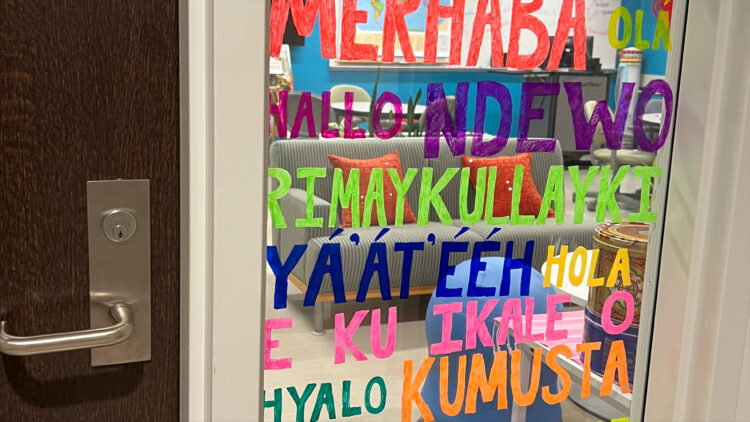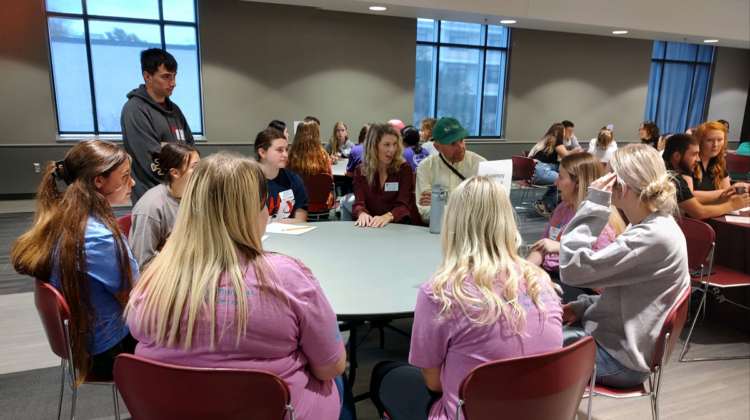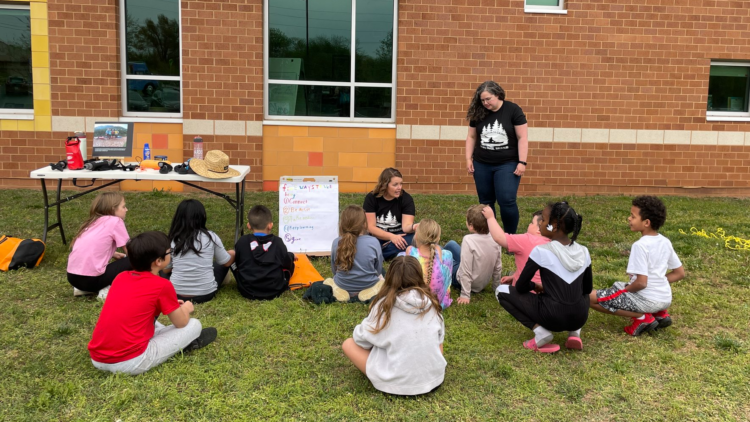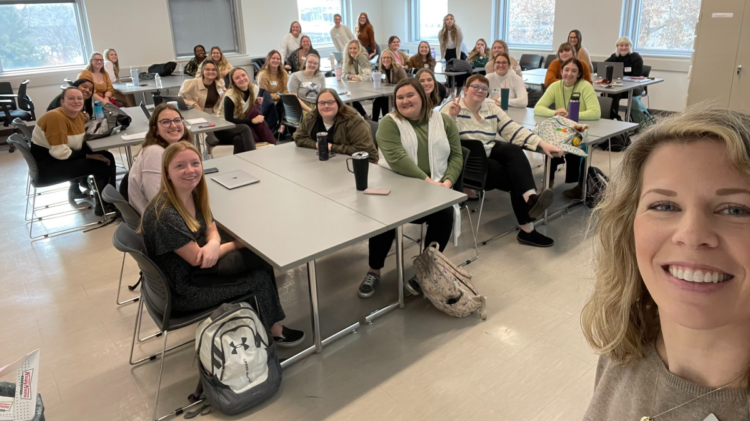
Autism is a spectrum as diverse as the colors of a rainbow, where each hue represents the uniqueness of everyone.
April is Autism Awareness Month, and it’s a great time to learn and celebrate the experiences, challenges and triumphs of those with intellectual and developmental disabilities
Dr. April Phillips, director of Bear POWER at Missouri State University, dives into the importance of autism awareness.
How has the understanding and awareness of autism evolved over the years?




